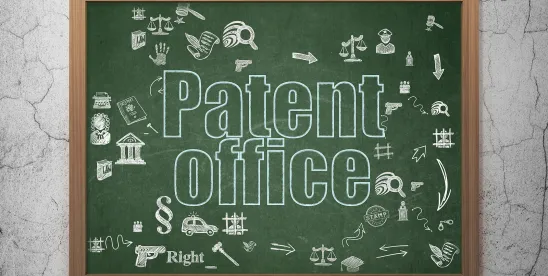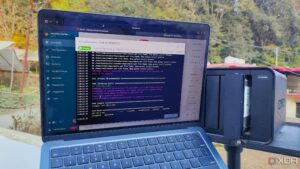
The Federal Circuit has denied a petition for a writ of mandamus that sought to reverse the U.S. Patent and Trademark Office (USPTO) decision regarding discretionary denials of inter partes review (IPR) petitions filed by Motorola Solutions, Inc. The case involves eight patents owned by Stellar, LLC, which were the subject of IPR petitions submitted by Motorola in July and August 2024.
The ruling centers on the USPTO’s discretion in instituting IPRs and the recent changes made by John Squires, the current Acting Director of the USPTO. Squires rescinded a June 2022 memorandum issued by then Director Katherine Vidal, which had implications for the interpretation of Sotera stipulations. These stipulations are agreements where a party promises not to raise certain invalidity claims in district court that could have been included in the IPR process.
In August 2023, Stellar initiated legal action against Motorola in district court. Following this, Motorola filed its IPR petitions, accompanied by a Sotera stipulation. Initially, the Patent Trial and Appeal Board (PTAB) accepted both sets of petitions. However, after the change in administration earlier this year, Squires rescinded the Vidal memorandum and issued new guidance, suggesting that while Sotera stipulations would be considered, they would not be decisive in the decision-making process.
Applying the Fintiv framework, the Acting Director determined that pursuing IPR would not be an efficient use of resources given the concurrent district court proceedings. Consequently, the first set of IPRs was withdrawn on March 28, 2024, followed by a similar action on the second set on May 23, 2024.
Motorola’s attempts to have these decisions reconsidered were unsuccessful, leading the company to petition the Federal Circuit for a writ of mandamus to reverse the rescission and restore the PTAB’s institution decisions. On November 6, 2024, the Federal Circuit denied this petition.
The court’s ruling clarified that Motorola did not possess a constitutional right or a protected property interest in having its IPR petitions considered without regard to the Fintiv factors. The earlier Vidal memorandum did not create a nondiscretionary entitlement but merely provided interim guidance that could be adjusted. The court also indicated that reliance on interim guidance alone does not constitute a due process right.
Motorola was aware of the potential for discretionary denial based on the Fintiv framework when filing its petitions. The court noted that Squires’ rescission did not hinder Motorola’s ability to present patentability defenses in the district court, although these were subject to the stipulations agreed upon.
Additionally, challenges related to the rescission of guidance under the Administrative Procedure Act (APA) were deemed insufficient grounds for mandamus relief. The court referenced the case of Apple v. Vidal, which permits APA challenges against USPTO rulemaking but does not grant authority for mandamus to reinstate institutions.
The implications of this ruling for practitioners are significant. It underscores the notion that outcomes at the institution stage of the IPR process are largely insulated from appellate review, especially when the USPTO modifies or rescinds interim guidance regarding discretionary denials. While Sotera stipulations remain valuable, their impact may vary based on the specific circumstances of each case and future USPTO directives.
Legal professionals are advised to carefully consider the timing and content of IPR petitions in light of the Fintiv factors, which include the closeness of trial dates, investments made in district court cases, and the overlap of issues presented. Effective coordination between district court strategies and PTAB practices is essential, particularly against the backdrop of rapidly evolving district court schedules and the risk of discretionary denial.







